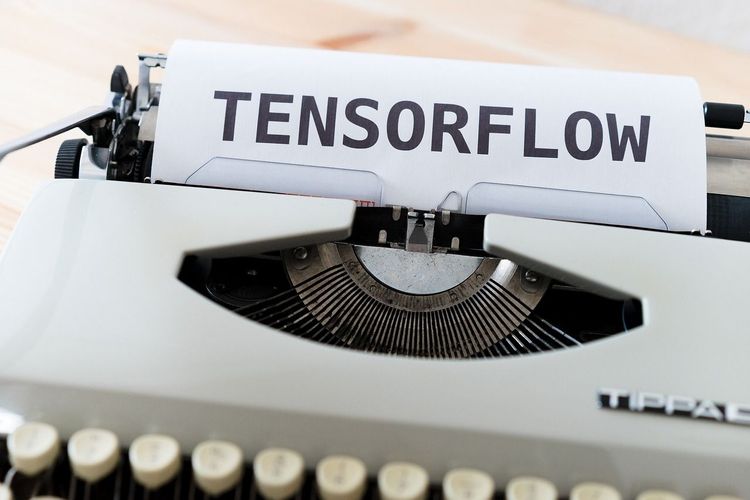The rapid advancement of artificial intelligence (AI) has ushered in tremendous opportunities, yet it also brings significant concerns that must be addressed. Luc Julia, a co-creator of Siri and Renault's chief scientific officer, emphasized these points during his address at the World AI Cannes Festival. He highlighted critical issues, including the potential for misuse, intellectual property violations, and the escalating demand for data that could jeopardize sustainability and responsible AI usage.
Julia argued that the surge in data consumption and energy requirements within the AI sector is unsustainable. “The more computational power we harness and the more data we utilize, the greater our energy footprint becomes. This trajectory raises fundamental questions about our commitment to our planet's health,” he noted. He drew attention to the staggering energy demands associated with AI systems, illustrating that if we were to process the same number of queries that GPT-4 handles using a search engine like Google, the energy required simply does not exist.
Moreover, Julia pointed out that large-scale AI models not only consume considerable energy during their training phases but continue to draw power during user interactions. “This level of energy consumption is unacceptable; we must adopt a more frugal approach,” he urged.
### Addressing AI Accuracy
Julia also expressed concern over the accuracy of AI outputs, particularly the issue of “hallucinations,” where AI generates incorrect or misleading information. Referencing a study from the Hong Kong University of Science and Technology, he noted that GPT-3.5, a predecessor to GPT-4, had an accuracy rate of just 63.41%. “If any team member of mine performed at that level of accuracy, they wouldn't remain in their position for long. Trust is paramount,” he stressed.
To enhance model precision, Julia recommended fine-tuning AI systems using specific, curated data. “By fine-tuning models on targeted data sets, we can significantly improve accuracy tailored to particular areas of interest,” he explained. At Renault, Julia's team has successfully implemented this strategy. Nonetheless, he cautioned that users must remain vigilant and verify the outputs they receive from AI.
Julia advocates for increased user education regarding the limitations and capabilities of AI to mitigate misinformation. He shared a personal experience in which he asked Bard, now known as Gemini, to generate a biography, only to receive factually incorrect results. “We must take responsibility for our understanding of these tools by engaging directly with creators and users alike, ensuring transparency and honesty in their design and application,” he remarked.
### Rethinking Creativity in Generative AI
On the topic of generative AI, Julia expressed a firm stance, categorically stating that it is “not creative.” He asserted, “I've encountered numerous claims touting AI's creativity. However, true creativity resides within us—humans possess the unique ability to innovate.” While acknowledging that generative AI can facilitate and enhance human creativity, he underscored its role as a supportive tool rather than a replacement for artistic professionals like designers.
Julia championed tools like Stable Diffusion and Adobe Firefly not as substitutes for skilled artisans but as aids that empower creatives to realize their visions. By understanding the true nature of AI's capabilities, users can leverage these technologies to augment their artistic processes without misconceptions about the essence of creativity.
In summary, while AI continues to evolve and transform various sectors, responsible usage, energy efficiency, and an understanding of its limitations are paramount. As the dialogue surrounding AI progresses, it is essential to foster a culture of transparency and education that aligns technological potential with ethical considerations and human creativity.







